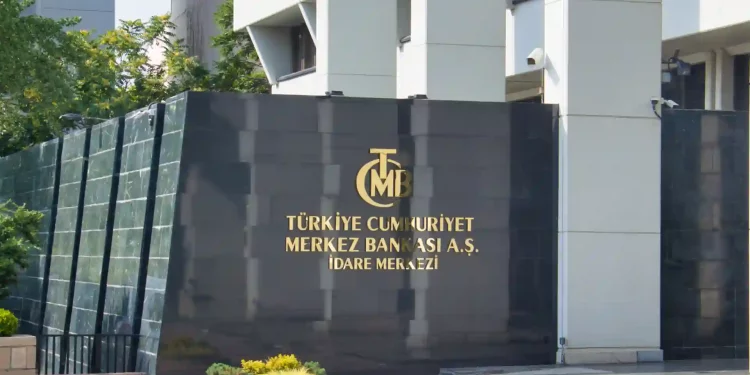Saudi Arabia’s huge deposit will be a major boost for President Recep Tayyip Erdogan’s efforts to push a fluctuating Lira and stabilize it in advance of the Presidential Election happening in 2023
Saudi Arabia is set to deposit $5 billion at the Central Bank of the Republic of Turkey (CBRT). This deposit would be a major boost for the Turkish economy as the country faces monetary emergencies. Saudi Arabia’s huge deposit will be a major boost for President Recep Tayyip Erdogan’s efforts to push a fluctuating Lira and stabilize it in advance of the Presidential Election happening in 2023.
KSA is in the final stages of discussions to provide the financial assistance required, reports Bloomberg. If finalized, the deal would rekindle a healthy relationship and end years of hostility between the Saudi Arabian and Turkish governments, along with the hopes of expanding commercial ties with the kingdom as the Turkish leader seeks new resources of foreign cash before his re-election bid next year.
According to the reports of Bloomberg, Turkey’s Ministry of Treasury and Finance also confirms that the two countries are in developing talks and are about to finalize the deposit deal. The finance chief of Turkish President Nureddin Nebati has led the attempts to receive support from Saudi Arabia, the United Arab Emirates, and Qatar. Saudi Crown Prince Mohammed bin Salman and Turkish President Recep Tayyip Erdoğan came together last week to have a face-to-face meeting on the sidelines of the G-20 summit in Bali.
Why is this deposit important?
Turkey recently battled one of the worse economic fluctuations and saw the rise of inflation rates hit as high as 85.51%, making it the highest in 24 years. The Lira sank most in the month of May this year along with a plunge in interest rates reaching the world’s lowest- about negative 56%. The Central Bank during the past three months has also slashed the policy rates by a total of 350 basis points to 10.5% from 12% along with the promise of cutting once again this month as a finishing move in the easing cycle, aiming to counter the global monetary policy tightening trend.
Turkey as a result of all the rapid changes and instabilities happening, spend almost $17 billion defending the lira between March and September, and the nation’s attempts to bolster its currency comes as the central bank decided to slash the interest rates without considering the surging inflation. The funds/deposit from Saudi Arabia will come to turkey as a helping hand as the economy currently faces an increase in energy prices, reports Financial Times.
Turkey also has swap agreements with Qatar, South Korea, China, and the United Arab Emirates. The swap agreements by The Central Bank of the Republic of Turkey are done as a source of hard currency to support the Turkish Lira and build resources. Funds were also transferred by Russia’s state nuclear agency this year to Turkey for the building of an atomic power plant, providing around a $5bn-$10bn increase to Turkey’s foreign exchange reserves
What will the new deal mean for both countries?
The relationship between Turkey and Saudi Arabia faded in the last decade due to political reasons, but the countries are now seeking ways to restore their bond. Saudi crown prince recently visited turkey for the first time since the country’s disagreements and the decision by Erdogan to renew their ties is driven mostly by economic and trade reasons.
According to reports, both leaders emphasized the country’s determination to begin a new phase of cooperation in many key areas and decided to extend the cooperation to maintain peace and stability. The importance of easing bilateral trade and future investment opportunities was also highlighted. The turkey president’s renewal of ties with its former foes will also aid in bringing in investment after several foreign investors left the market.
The persisting currency crisis is also one of the major reasons for the country to mend its relationship with nations which it had former disagreements with. Turkey’s official reserves might increase to $130 billion, high compared to $117.5 billion seen during November, reports Bloomberg.


















